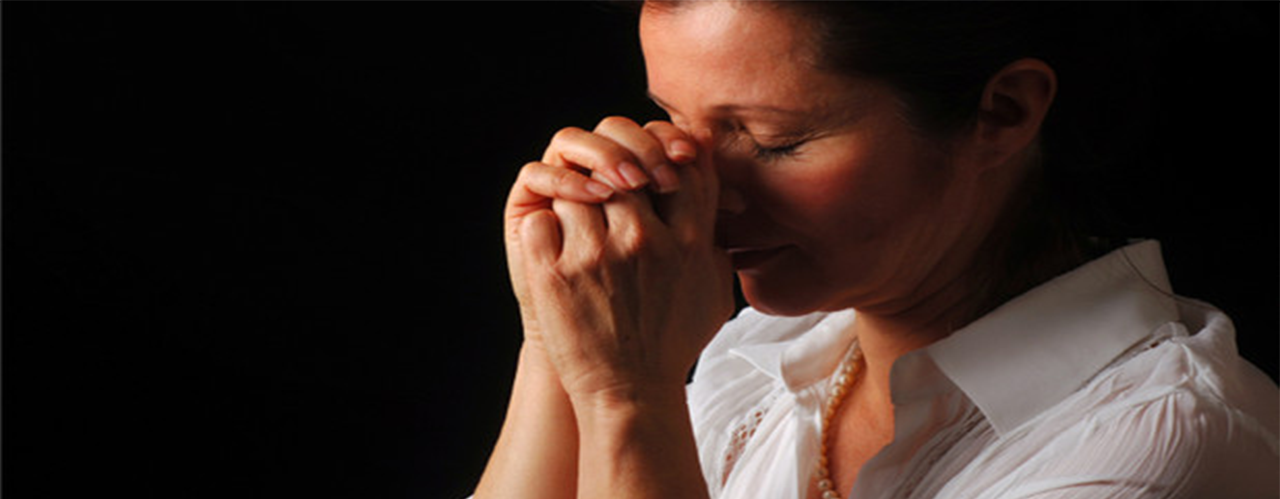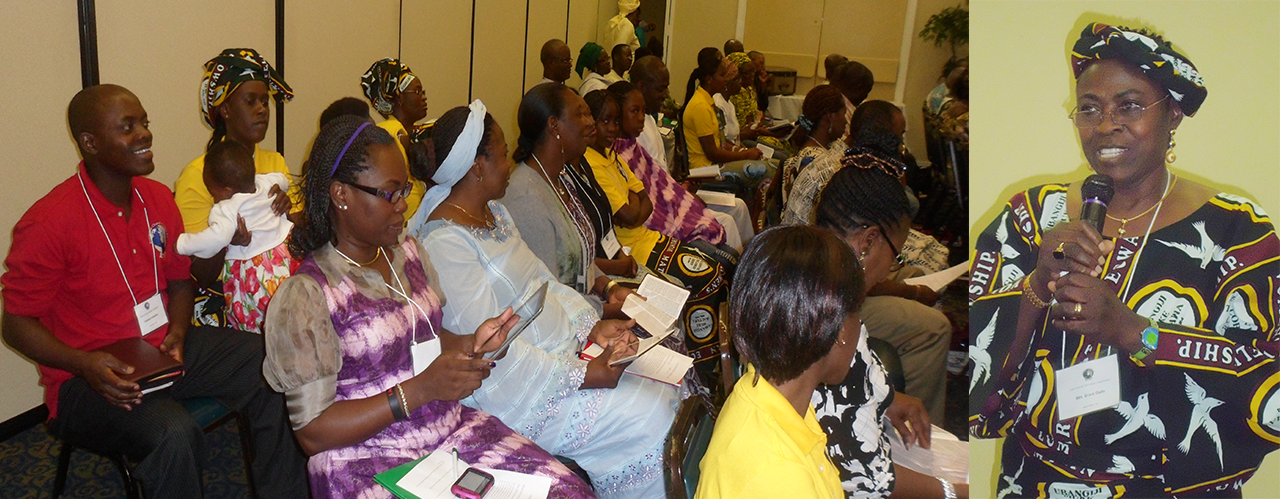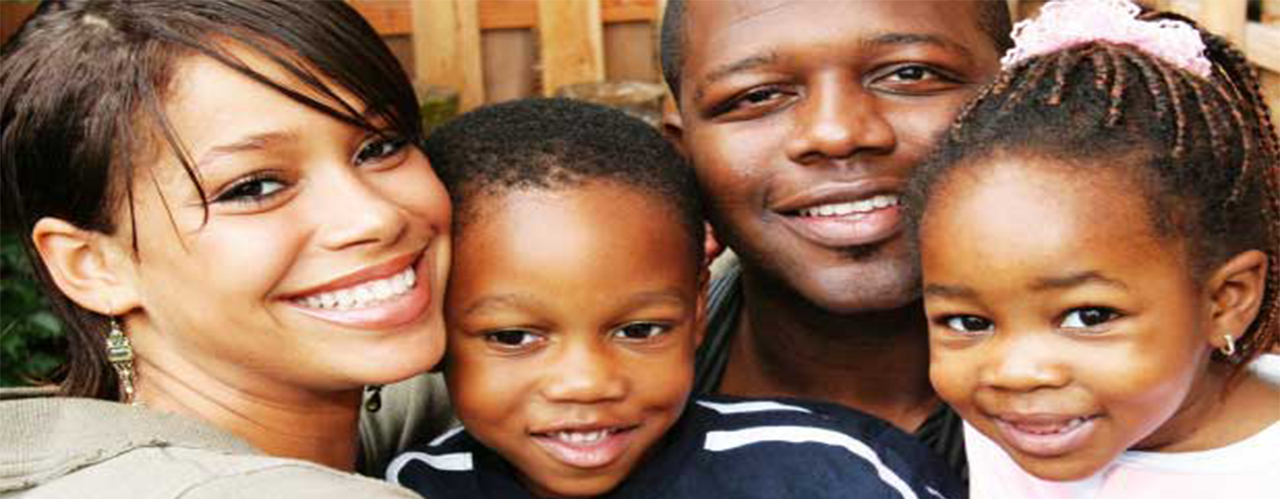We've all gone through times when life starts getting in the way of our fitness journey. But whether you work unpredictable hours or your social schedule is getting the better of you, it's still important to stay on top of your workouts. Not only is exercise good for your health for many reasons, but it can also be quite energising – I personally find that working out helps to boost my productivity. Here are the five tricks that I apply to fit in a workout regardless of my schedule.
I always do some form of exercise in the morning, even if I can only fit 10 minutes in. Something is better than nothing, and for me it's more about making it a habit! I've been doing this every day for about three years and it's a non-negotiable part of my day. If I have an early shoot or an early flight, I do three to four sets of the following:
-
15 push-ups
-
15 squats
-
15 mountain climbers
-
15 lunges a side, alternating legs because that will help you work your core
-
15 bicycle crunches
Related story: Australian model Hannah Saul shares her summer body tips
2. Bring your workout gear with you
Not sure when you will have time to train? Bring a small gym bag with you to work. All you will need is your gym gear (obviously): shoes, shorts, socks, top and a comb, dry shampoo, face wipes and mineral foundation to get ready post-workout. This little pack won't take up too much space, but it is essentially all you need to get 'work ready' again.
3. Get an app
Having a fitness app on your phone is a great way to ensure you get your workout done, because you have a library of workouts at your fingertips that you can literally do anywhere, anytime. My fitness app, HANxFIT, has workouts that can be done no matter where you want to train. If you have a lunch break and a park nearby, do a workout from the body weight or abs section. If you want to do a session in the gym, you can refer to the gym or kettlebell workouts. Each workout has a beginner, intermediate and advanced option and there are different length options so you can pick a workout that suits your timeframe too.
You forgot to bring your gym gear to work and you missed your morning session. Now you're home, tired and lacking motivation to train. This is when a stretchy band comes into play. I have a band that's about 40cm in diameter and I use it while I'm watching TV. To work your legs and butt, put the band underneath your knees (not on your knees!) and go up into a bridge. Engage your core and make sure you keep your body aligned, as you don't want to hurt yourself. Now alternate between doing little pulses towards the roof and pushing your legs out towards the sides of the room.
Remember it's all about small movements and keeping your muscles under tension. Every time you do a pulse, think to yourself 'out an inch, in an inch'. It might sound a bit dirty, but it works!
5. Embrace incidental exercise
Try to fit in as much incidental exercise as possible. Walk to work or to the train station and if possible try to organise walking or fitness meetings with your contacts. You could also consider getting a standing desk. Applying more healthy practices into your daily schedule can only be good for you, after all.









